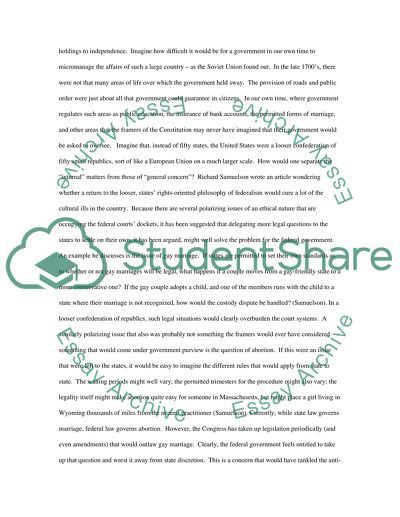Cite this document
(Fallacies of the Anti-Federalists in the British Empire Essay, n.d.)
Fallacies of the Anti-Federalists in the British Empire Essay. Retrieved from https://studentshare.org/politics/1508304-fallacies-of-the-anti-federalists
Fallacies of the Anti-Federalists in the British Empire Essay. Retrieved from https://studentshare.org/politics/1508304-fallacies-of-the-anti-federalists
(Fallacies of the Anti-Federalists in the British Empire Essay)
Fallacies of the Anti-Federalists in the British Empire Essay. https://studentshare.org/politics/1508304-fallacies-of-the-anti-federalists.
Fallacies of the Anti-Federalists in the British Empire Essay. https://studentshare.org/politics/1508304-fallacies-of-the-anti-federalists.
“Fallacies of the Anti-Federalists in the British Empire Essay”, n.d. https://studentshare.org/politics/1508304-fallacies-of-the-anti-federalists.


